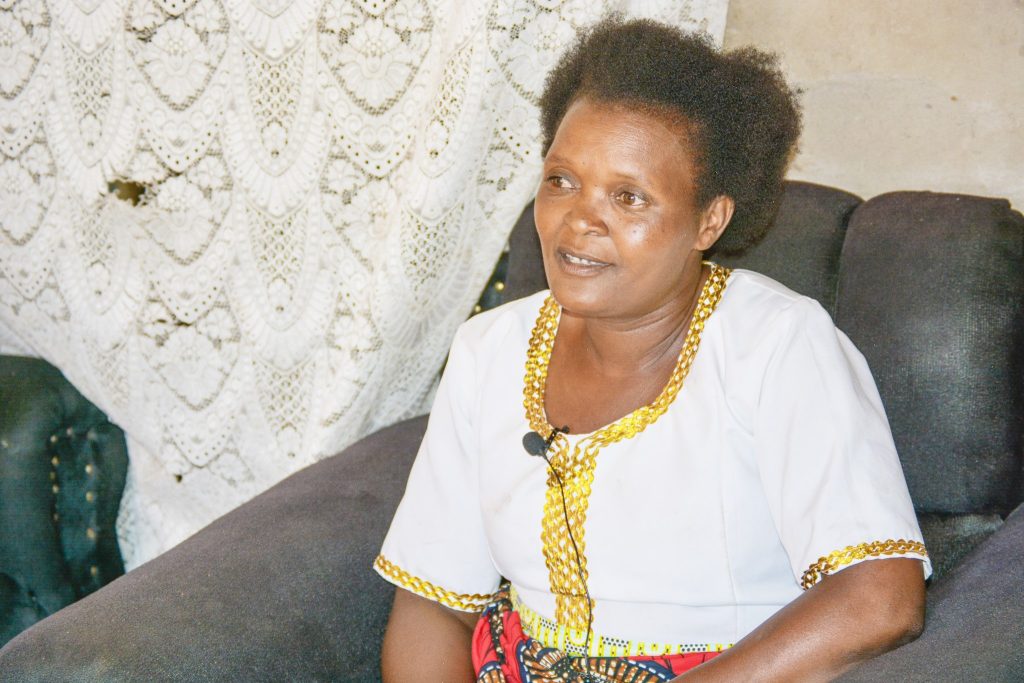Proud lead farmer in Mzimba
In Chimsolo Village, Traditional Authority Mzikubola in Mzimba District, a lead farmer named Ethel Kasambara has managed to refurbish her house, bought new furniture, and no longer struggles to pay school fees for her six children.

Kasambara, 48, is one of the farmers in Kamatowa Section who are growing tomatoes using drip-irrigation technology and are making a killing out of their hard work, thanks to the Norwegian Government-funded Transform Programme.
Before she engaged in farming a year ago, her house was incomplete and had no proper window frames. She also said life was not easy in general and food was hard to come by.
Said Kasambara: “I was doing the farming as a group at first but then I was not happy with the profits so I decided to go it alone and I don’t regret my decision.”
The lead farmer added that this year, she managed to sale 65 basins after harvesting her tomatoes from her 10 beds at K35 000 per basket, translating to K2.2 million.
She explained that previously, she had difficulties fetching water from downstream to water her garden and that is what prompted her to dig a well near her home.
“Profits are very little where water is shared as a group, but now every penny I make is mine alone, and the profits have since been overwhelming,” said Kasambara.
The farmer, who sells her produce at Jenda Market along the Ml Road, said she has ready customers because her tomatoes are always of good quality and fresh.
Kasambara adds that she makes sure not to pluck her tomatoes before market day, adding that she has at least five customers who are always ready to buy from her.
She said: “Business is going well and I would like to add five more beds. My children and my husband also help with work in the garden, and irrigation is easy with the well right next to the house.
Transform is a five-year programme that is being coordinated by the Norwegian Church Aid and DanChurchAid (NCA/DCA) with financial support from the Royal Norwegian Embassy.
The programme seeks to strengthen local food systems and demonstrate a sustainable improvement of food and nutrition security, income, and resilience to climate change.





